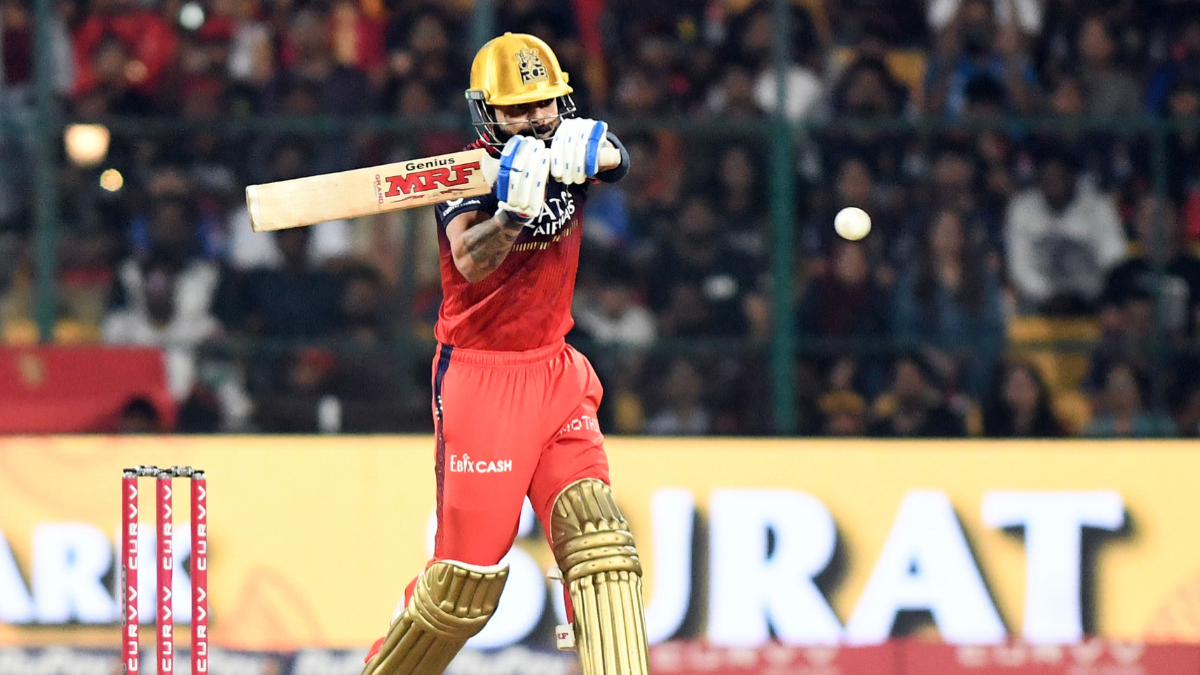ISLAMABAD - The federation Wednesday submitted that the process initiated under Article 200 of the Constitution for the transfer of judges from Punjab, Sindh and Balochistan High Courts demonstrates and delivers transparency and in no way undermines the independence of judiciary and urged the apex court to dismiss all petititions challenging the appointment of judges. The federal government submitted its reply against the petitions regarding transfer of judges from the other High Courts to Islamabad High Court (IHC) and seniority list of IHC judges and urged the apex court to dismiss all the petitions. A five-member Constitutional Bench, headed by Justice Muhammad Ali Mazhar, will resume hearing of IHC five judges – Justice Mohsin Akhtar Kayani, Justice Tariq Mahmood Jahangri, Justice Babar Sattar, Justice Sardar Ejaz Ishaq Khan and Justice Saman Rafat Imtiaz, Pakistan Tehreek-e-Insaf (PTI) founder Imran Khan, Karachi, Lahore and Islamabad High Court Bar Associations’ petitions today.
IHCBA decides to withdraw petition against judges transfer Three judges namely Justice Sardar Muhammad Sarfraz Dogar from Lahore High Court, Justice Khadim Hussain Soomro from Sindh High Court, and Justice Muhammad Asif from Balochistan High Court were transferred to the IHC on 1st February, 2025, through a notification, issued under clause (1) of Article 200 of the Constitution. The federal government maintained that judges are not required to take a fresh oath following a transfer, as a transfer under Article 200 does not constitute a new appointment. “Article 200(1) deals with the power of the President to transfer judges from one High Court to another, thereby attributing a clear permanence to the transfer,” it stated.

The argument that the transfers are temporary was also rejected, with the government stating that the Constitution does not mention any such provision for temporary transfers of judges. The federation maintained that in the said Article, it is the Chief Justice of the particular High Court who identifies the need to increase the number of judges in its High Court. The federal government highlighted that prior to initiating the process under Article 200(1), the Judicial Commission of Pakistan (JCP) on January 1, 2025 had appointed two additional judges to the IHC while leaving three positions vacant.
It submitted that the entire process highlights that the decision lies in the hands of the judge being transferred, respective Chief Justices of the High Courts and the Chief Justice of Pakistan. Israel says its army to remain in Gaza in ‘any temporary or permanent situation’ Refusal by any one of them would have resulted in the cessation of the transfer process. The reply said that the power of the President to transfer a Judge under Article 200(1) is very limited.
The real power lies with the Chief Justice of Pakistan, two Chief Justices of respective High Courts and the transferee judge. It maintained, “With the present facts of the case, the transfer of judges from Sindh, Balochistan and Punjab, being the different federating units, to the IHC is in harmony with the spirit of federalism. These transfers ensure fair representation of the federating units and promotes diversity in a court of the federal capital i.
e. the IHC.” Tags: govt urges.
Top

Govt urges SC to dismiss petitions challenging judges transfer

ISLAMABAD - The federation Wednesday submitted that the process initiated under Article 200 of the Constitution for the transfer of judges from Punjab, Sindh and Balochistan High Courts demonstrates and delivers transparency and in no way undermines the independence of judiciary and urged the apex court to dismiss all petititions.











-1745121369054_v.webp)